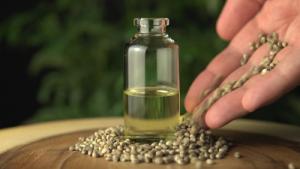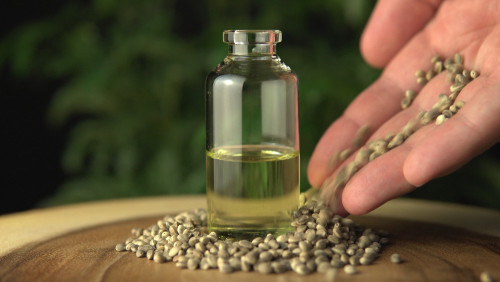
CBD or cannabidiol oil is derived from the cannabis plant. Owing to its therapeutic effects, CBD oil has become an alternative treatment option for many physical and mental ailments. In the past few years there has been a steady increase in the use of CBD oil for alleviating symptoms of chronic pain, sleep disorders and anxiety.
CBD And THC – The Similarities
CBD and THC are two of the unique derivatives of the cannabis plant. Both CBD and THC are known for their therapeutic effects in the treatment of various conditions that are not responsive to conventional treatment using prescription medicines. Both compounds have also been known to contribute to the general well-being of the user when consumed in regulated amounts.
The human endocannabinoid system consists of the cannabinoid receptors – the signaling molecules responsible for regulating pain, immunity, memory, mood and stress. Both CBD and THC interact with the endocannabinoids to help regulate the mentioned conditions in a natural way, eliminating the need for usage of drugs that have the potential to cause organ damage.
CBD products such as pure CBD oil and others that contain less than 0.3% of THC is legal in most parts of the world. Once the THC level crosses the 0.3% mark in products, they become illegal under the federal law in the U.S. Many states, however, have passed independent laws allowing the usage of products containing higher levels of THC, subject to stringent regulations.
CBD And THC – The Differences
THC is known to induce a feeling of ‘high’, whereas CBD is considered a safer compound since it doesn’t have psychoactive properties that can become addictive. People who have been using CBD for a long time have mostly reported betterment in their health while THC users have been found to become dependent on the compound and its psychoactive effects over a period of time. It is ironic that CBD can be used as an aid to overcome substance addiction while THC, another derivative of the same plant might end up being one of the substances that lead to addiction.
THC binds readily to the cannabinoid receptors, whereas CBD interacts with these in a controlled manner and even helps boost the levels of endocannabinoids in the human endocannabinoid system. Unlike THC, CBD also interacts with opioid receptors and serotonin as well, optimizing their levels in the body.
Cannabis and its derivatives are prohibited in many parts of the world due to its addictive and psychoactive properties. Therefore, there is a huge gap between the claims and proven benefits of this plant’s derivatives in human beings. However, the legalization of the manufacture and widespread usage of various cannabis derivatives in many parts of the world is helping in bridging this gap.

